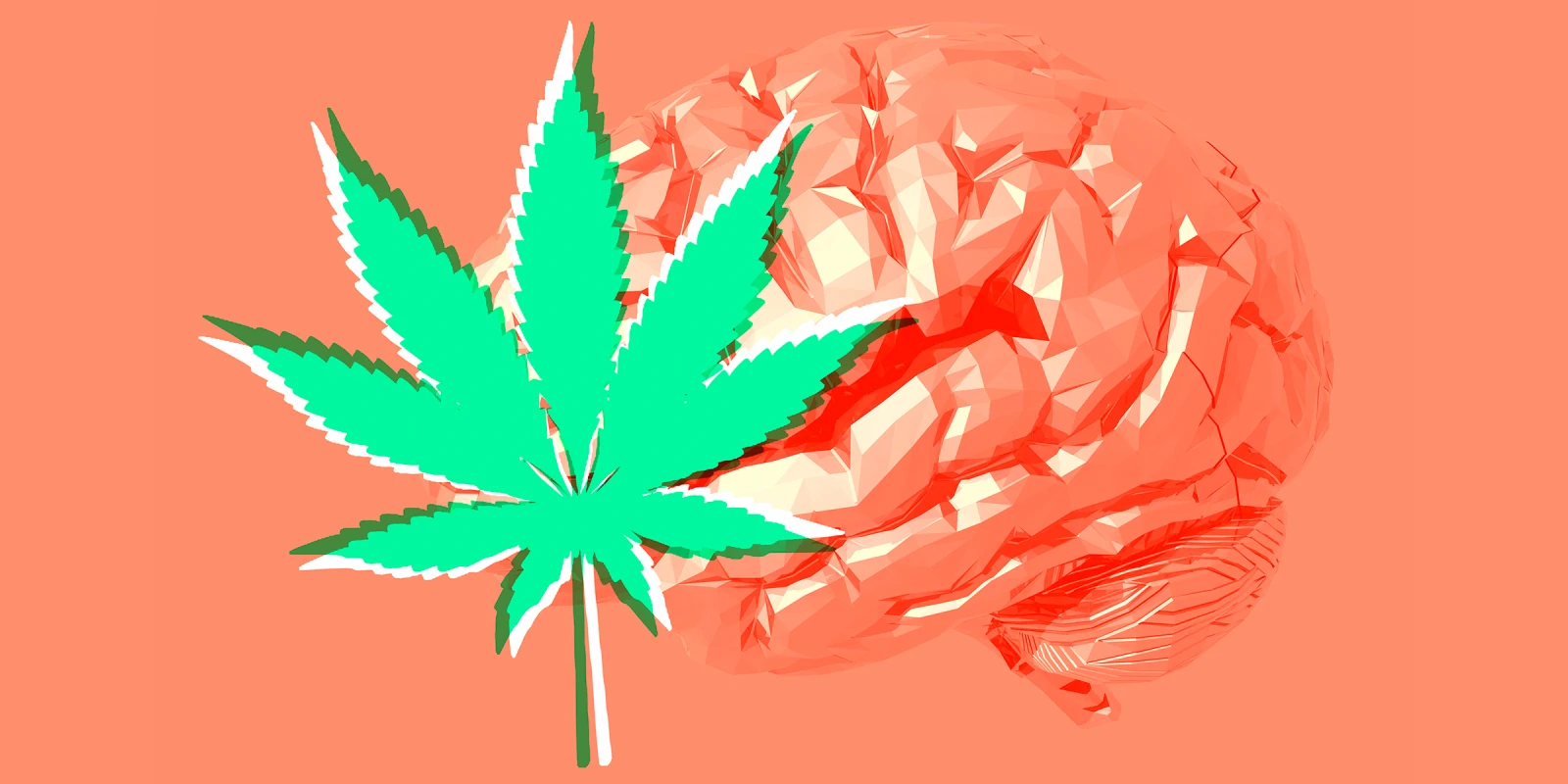I’ll never forget his eyes. The way they darted back and forth, unable to settle, chasing some unseen terror. Or the way he tried to explain his thoughts – getting stuck – ideas coming out of sequence, losing their connection mid-sentence. Then finally, the silent tears tracing the outline of his face when I mentioned a diagnosis of schizophrenia. Even in the midst of a disorganized paranoia, he understood the gravity of what was happening. And I was left with the sinking worry that no amount of risperidone was going to fix the road ahead. After five years of heavy marijuana use, and another year slowly drifting away from reality, a difficult path awaited him.
Some of the most heart-breaking things I encountered during my psychiatry residency were cases of first-episode psychosis. A young man found wandering the woods, consumed by the worry that aliens had infiltrated his home and body. A young woman stopped while driving frantically across the country, fleeing an incomprehensible plot of political subterfuge. Others with violent manias leading to arrests and injuries. College careers derailed, dreams dashed, families broken. And a common thread in many cases was a history of heavy marijuana use.
After a year on acute inpatient psychiatry units, I developed a deep disdain for marijuana and the havoc it seemed to wreak on so many of my patients. I maligned the medicalization and legalization of marijuana spreading rapidly across the country – how much more suffering would we see from these policies, how many more young lives upturned? While I understood the importance of decriminalization and demarginalizing vulnerable communities, I still worried about the untoward effects of unchecked access to marijuana.
But as I transitioned from the inpatient units to our outpatient clinics, my views began to shift. Suddenly an entirely new population came walking through my office door – patients with anxiety, OCD, depression, relationship struggles. At first, I held tight to my conviction that marijuana was indisputably harmful in psychiatric illness, but over time, my views began to soften. Many of the patients I met were using marijuana – and while they weren’t well, it certainly wasn’t ruining their lives. And many got better with the addition of therapy and medication despite continued marijuana use. Others, frustrated by the lack of progress from medication and therapy, sought marijuana for relief – and a few improved, much to my surprise. A patient with years of unmanageable insomnia suddenly found himself able to sleep. Another with intractable nausea found herself eating again. By and large I still saw marijuana as a negative for most patients, but there were nuances I hadn’t appreciated before.
Later, as I transitioned to a fellowship in geriatric psychiatry, my views on marijuana became even more complicated. Several families reported finding long sought relief from the unmitigated agitation their loved ones with advanced dementia exhibited after the introduction of THC gummies or other marijuana products. I assumed these cases were aberrations or exceptions to the rule, until I came across recent studies suggesting that synthetic cannabinoids may be a safe and effective treatment for some patients with difficult-to-treat agitation in dementia. In time, I started prescribing synthetic cannabinoids in a few cases of especially severe dementia-related agitation, meeting mixed success.
The science of marijuana and mental health remains muddled. While the link between marijuana use and the development of schizophrenia in at-risk individuals is well established, its role in other psychiatric disorders is less clear. Bipolar disorder can clearly be exacerbated by marijuana use, although the causal connection is less robust than in schizophrenia. Depression and anxiety also appear to worsen on average; however, the evidence is not entirely clear. And then there are new indications for conditions like agitation in dementia, pain, and opioid addiction (evidence doesn’t appear to match enthusiasm).
In our culture, marijuana is portrayed in stark categorical terms – either as a dangerous scheduled drug, a harmless recreational plant, or sometimes as a medicine for a laundry list of conditions. The reality is that it’s a complicated psychoactive compound with far-reaching impacts on the brain. For some, this can lead to devastating, life-altering consequences; for others, it’s a pleasant experience with minimal consequences.
Today, when my patients ask me about marijuana, it leads to a more complicated conversation than I envisioned as an early resident. I try to meet my patients where they are, without judgment or arrogance that I know exactly how marijuana might impact them. I rarely see young patients anymore, though my concerns about the impact on neurodevelopment and the risk of severe psychiatric illness persists – concerns I share with my patients to help them understand the complexity of marijuana and the brain. I also share my concerns that what they find in a dispensary is largely unregulated – what’s on the label of a product may have little bearing on what’s ingested and while our understanding of marijuana remains incomplete, our understanding of concentrated resins, oils, and other products is even less.
As physicians, we need a better understanding of how marijuana products impact our individual patients and their unique conditions. More research is needed to help us answer challenging questions and guide our patients in an educated and evidence-based way. Patients are curious about marijuana – and we owe them answers.
Do you think there is a place for marijuana in psychiatric treatment?
Chris Morrow is a geriatric psychiatry fellow at the Johns Hopkins School of Medicine. He completed his general psychiatry residency training at Johns Hopkins and served as a chief resident during his final year. His clinical and research interests include the psychiatric care of patients with neurodegenerative disease, psychiatric care in patients with complex medical illness, psycho-oncology, and collaborative care. He is a 2021–2022 Doximity Op-Med Fellow.
All names and identifying information have been modified to protect patient privacy.
Image by Victor Habbick Visions/Science Photo Library / Getty Images







